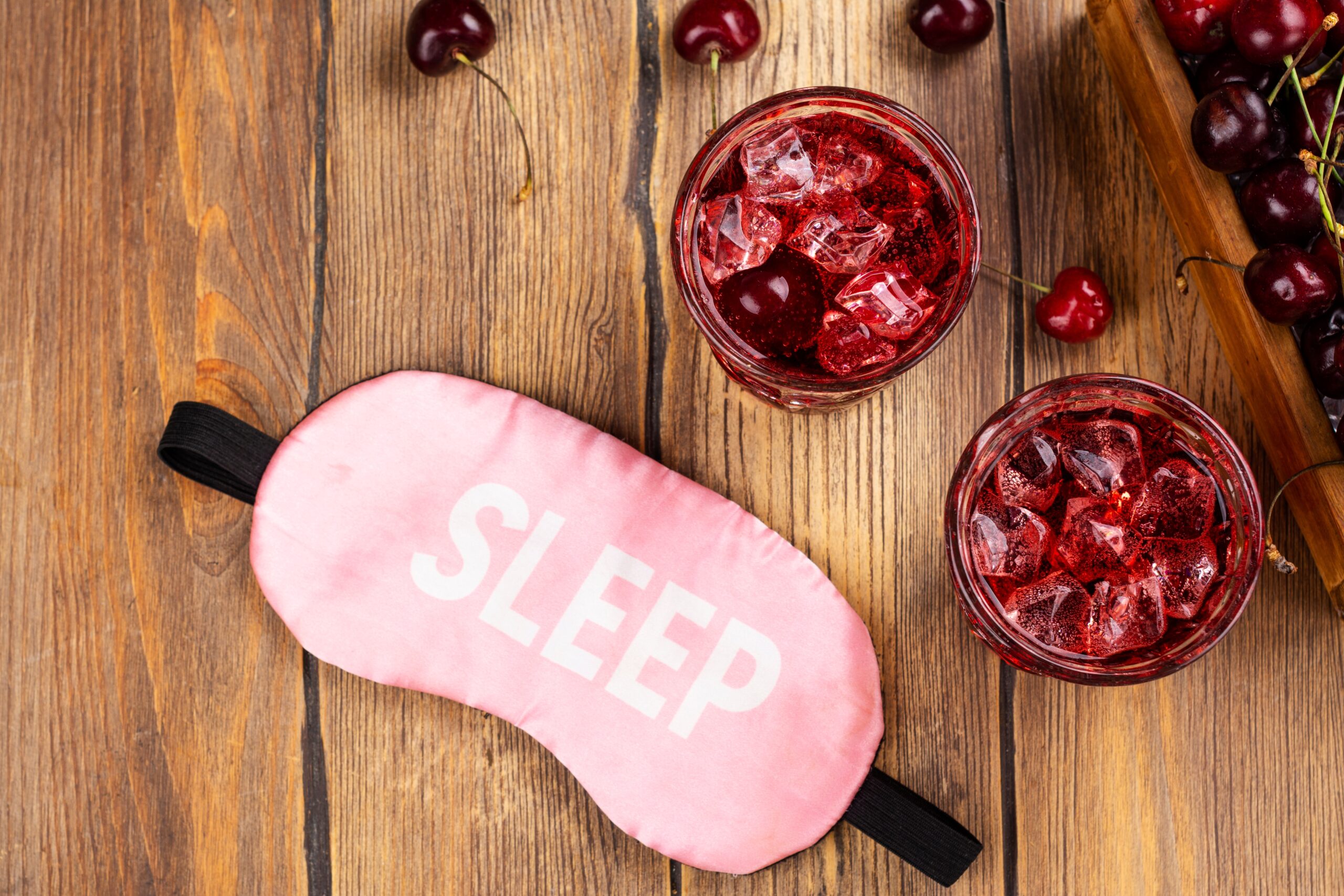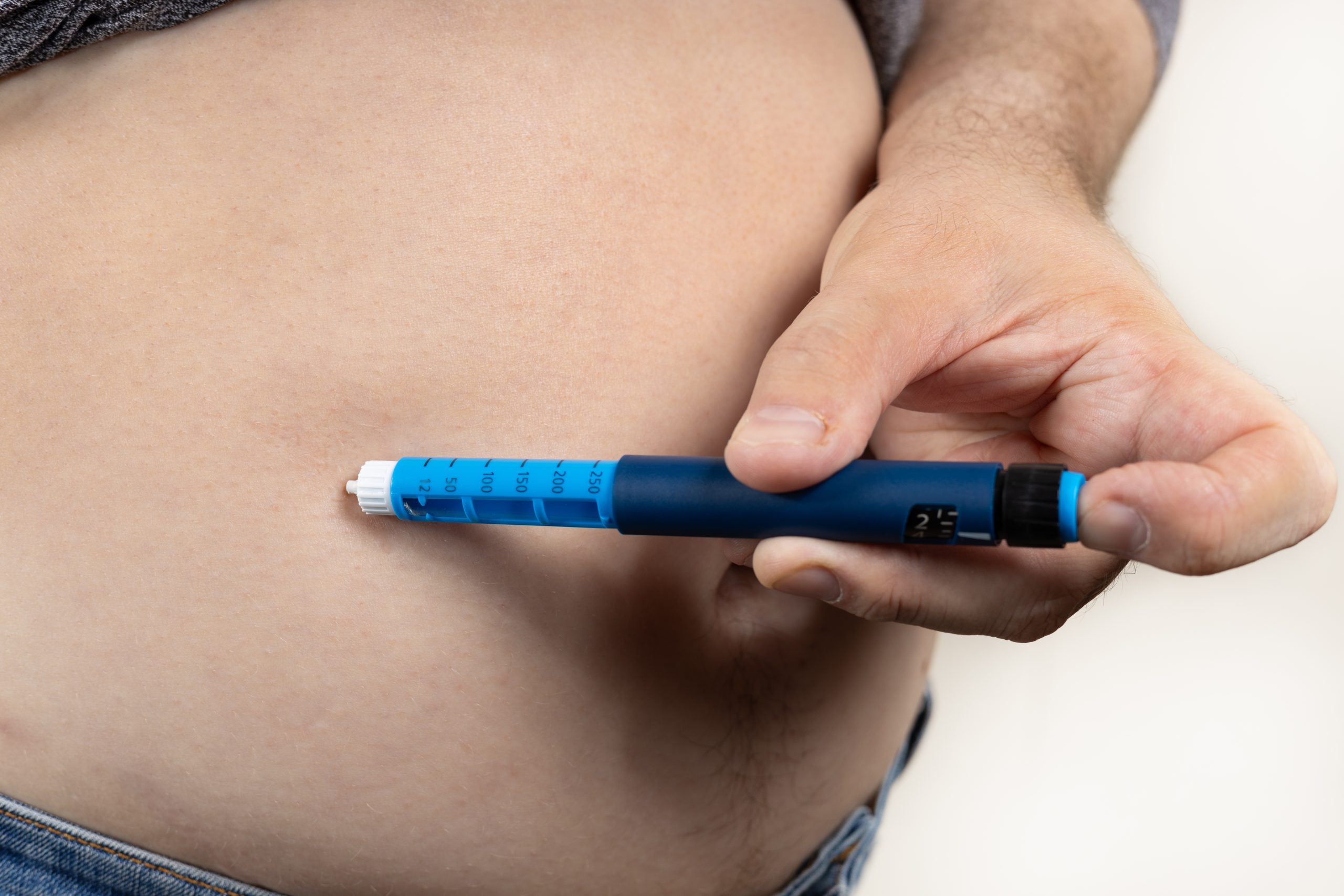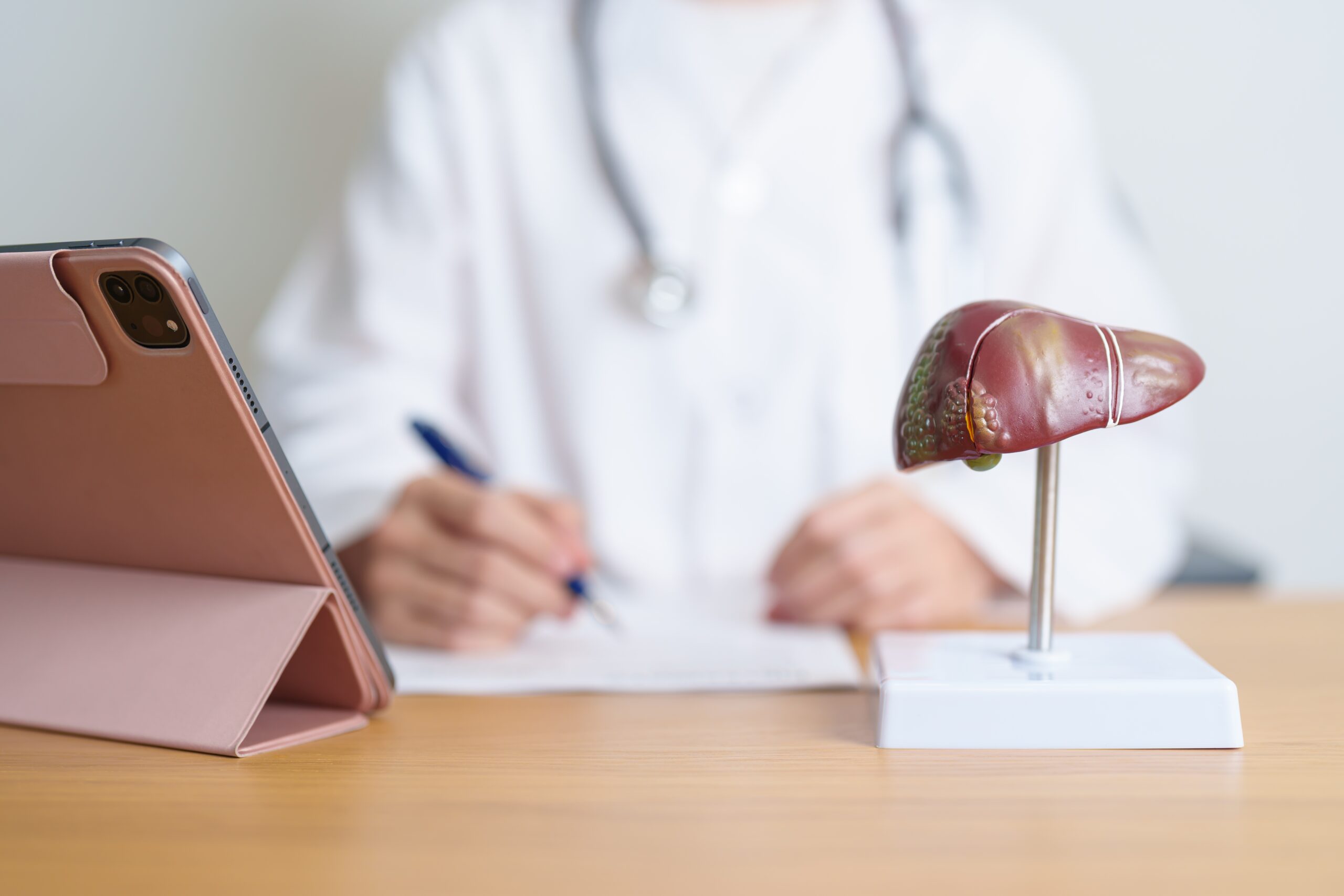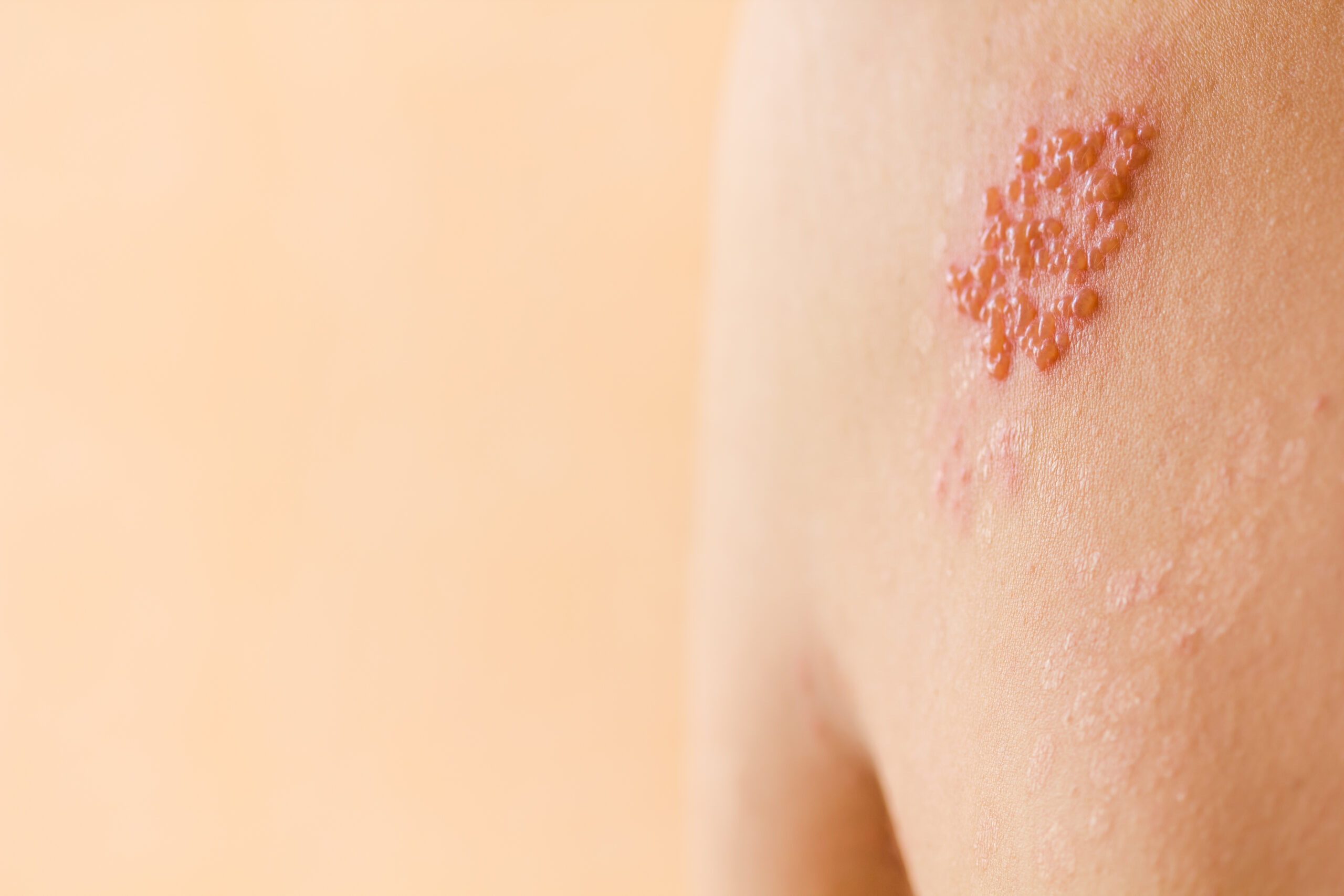Could a simple snack be the secret to a restful night’s sleep?
Story Highlights
- Experts highlight specific nutrients that promote sleep.
- Choosing the right late-night snack can improve sleep quality.
- Common misconceptions about nighttime eating are addressed.
- Research shows targeted snacks can aid relaxation and sleep.
Nutrient-Rich Snacking for Sleep
For decades, the conversation around late-night snacking centered on the potential for weight gain and indigestion. However, recent studies have unveiled a different narrative, suggesting that the right late-night snack can actually enhance sleep quality. Foods rich in tryptophan, magnesium, and melatonin have been identified as potent sleep aids, working in harmony with the body’s natural mechanisms to promote relaxation and rest.
Kiwi, whole grains, and tart cherries have emerged as frontrunners in the quest for better sleep through dietary choices. These foods, rich in sleep-promoting nutrients, assist in regulating sleep cycles and stabilizing blood sugar, creating an ideal environment for restful sleep. This discovery is supported by numerous clinical trials and expert recommendations, offering a fresh perspective on the age-old advice to avoid eating before bed.
The Science Behind Sleep-Promoting Foods
The sleep-supporting properties of certain foods can be attributed to their nutrient profiles. Tryptophan, an amino acid found in foods like turkey and dairy, is a precursor to serotonin, a neurotransmitter that influences sleep and mood. Melatonin, a hormone naturally produced in the body, can be supplemented through consumption of foods like tart cherries and kiwi, which have been shown to increase circulating melatonin levels.
Magnesium, found in nuts and seeds, plays a crucial role in muscle relaxation and stress reduction, making it a valuable component of any sleep-promoting snack. These nutrients work synergistically to create a calming effect, easing the transition to sleep and improving overall sleep quality.
Practical Advice for Better Sleep
Choosing the right snack before bed involves more than just selecting foods with sleep-promoting nutrients. Portion control and timing are also critical. Eating a small snack, ideally one to two hours before bedtime, can prevent late-night hunger without disrupting sleep. Experts recommend combining complex carbohydrates with protein or healthy fats, such as whole-grain crackers with cheese or fruit with nut butter, to create a balanced snack that supports sleep.
Equally important is avoiding high-fat, high-sugar snacks, which can lead to sleep disruptions and metabolic issues. These foods can spike blood sugar levels and interfere with the body’s natural sleep processes, counteracting the benefits of a nutrient-rich snack.
Debunking Myths About Late-Night Eating
Contrary to popular belief, eating before bed does not inevitably lead to weight gain or poor sleep. Instead, the type of snack and its nutritional content play a more significant role in determining its impact on sleep. While some experts caution against eating too close to bedtime, the focus should be on making informed choices about what to eat.
Individual responses to late-night snacking can vary, influenced by factors such as metabolic health, sleep disorders, and lifestyle. As public awareness of the benefits of sleep-promoting foods grows, consumers are increasingly turning to nutrient-rich snacks as a natural alternative to medication for improving sleep.
Sources:














